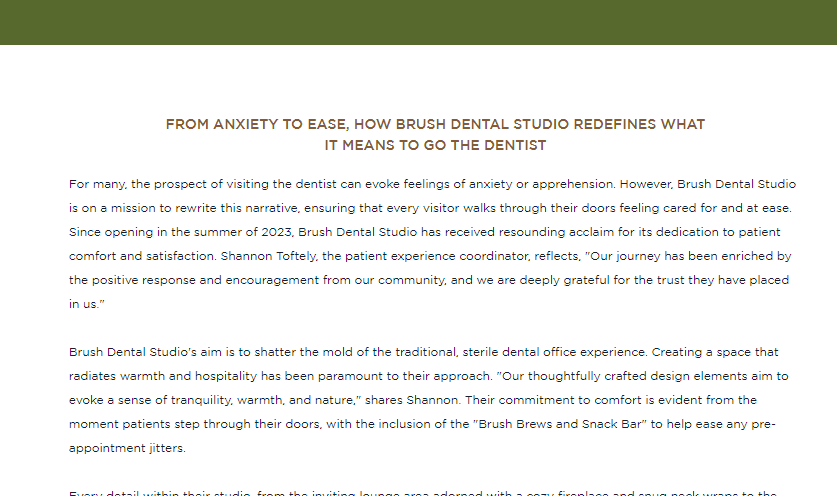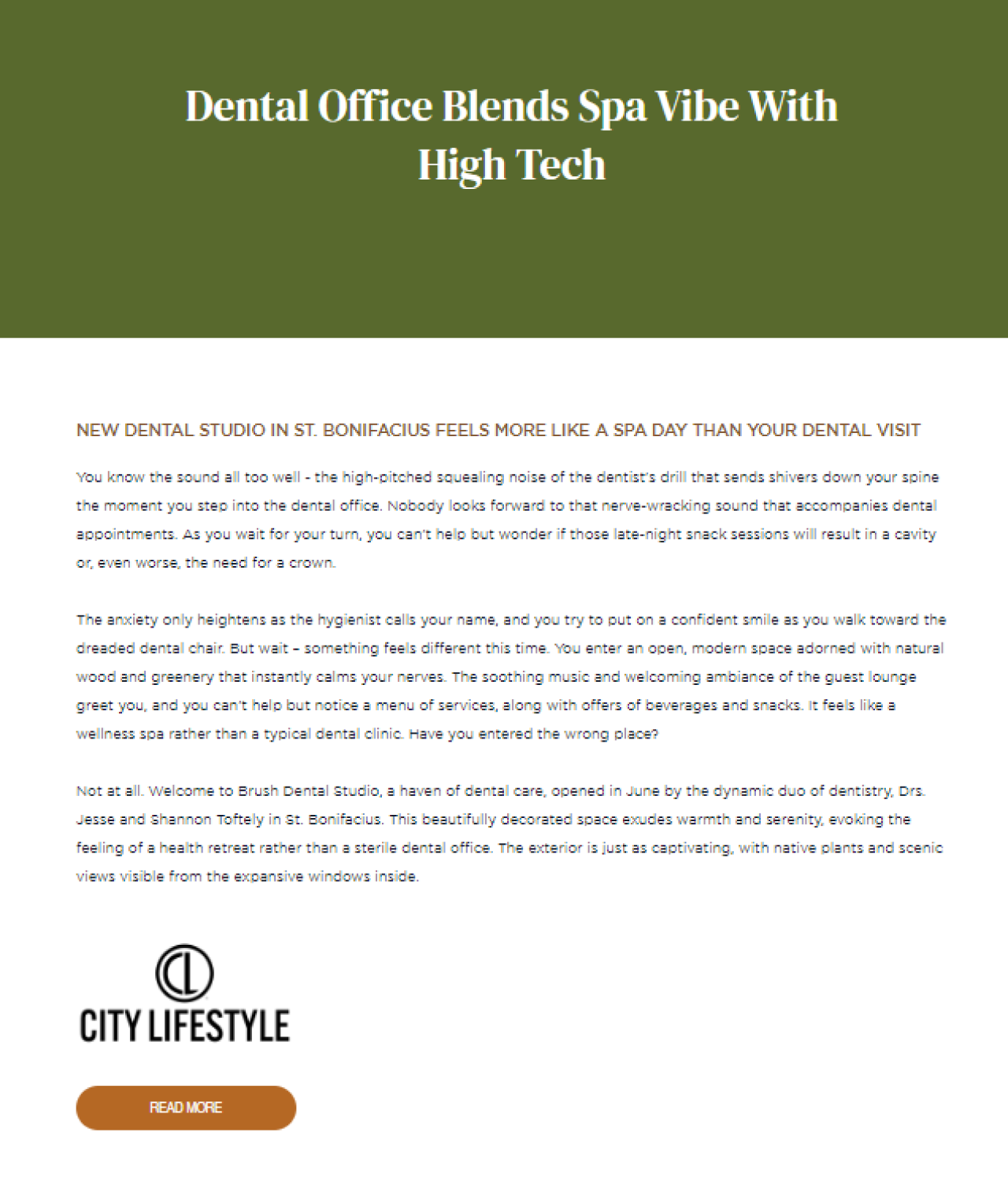Dental Bonding: A Minimally Invasive Solution for a Brighter Smile
Dental bonding is a popular cosmetic dentistry procedure that can help improve the appearance of teeth that are discolored, chipped, cracked, or otherwise damaged. The procedure involves applying a tooth-colored composite resin to the affected tooth or teeth, which is then cured with a special light and shaped and polished to match the surrounding teeth.
One of the primary benefits of dental bonding is its ability to improve the appearance of teeth in a single office visit, with minimal preparation or discomfort. It is a minimally invasive and cost-effective alternative to more extensive cosmetic dentistry procedures such as veneers or crowns.
Dental bonding can also help strengthen and protect teeth, as the composite resin can help fill in small cavities or cracks and provide a protective barrier against further damage or decay. It is a versatile and durable solution for improving the appearance and function of teeth.
The procedure for dental bonding typically involves minimal preparation of the affected tooth or teeth, with no need for anesthesia in most cases. The composite resin is applied in layers and cured with a special light, and the tooth is shaped and polished to match the surrounding teeth. The entire procedure usually takes less than an hour per tooth.
Now, let's take a look at some frequently asked questions about dental bonding:
Is dental bonding a painful procedure?
Dental bonding is typically a painless procedure that requires minimal preparation of the affected tooth or teeth. Anesthesia is usually not necessary, and most patients experience little to no discomfort during the procedure.
How long does dental bonding last?
Dental bonding can last for many years with proper care and maintenance, with an average lifespan of 3-10 years. However, its lifespan may vary depending on individual factors such as oral hygiene habits, diet, and the location and size of the bonding.
Can dental bonding be used to fix a gap between teeth?
Yes, dental bonding can be used to close small gaps between teeth and improve overall appearance. However, for larger gaps or more extensive cosmetic concerns, other options such as veneers or orthodontic treatment may be recommended.
Is dental bonding covered by insurance?
Dental bonding is considered a cosmetic procedure, and as such, it is usually not covered by dental insurance. However, some insurance plans may cover a portion of the cost, particularly if the bonding is being used to repair damage or decay.
How do I care for my bonded teeth?
Caring for bonded teeth is similar to caring for natural teeth, with regular brushing and flossing and regular dental checkups and cleanings. It is also important to avoid biting down on hard objects or using the teeth as tools, as this can cause damage to the bonding or the tooth.
Learn More


Office Hours
Monday 8 AM – 5 PM
Tuesday 8 AM – 5 PM
Wednesday 8 AM – 6 PM
Thursday 8 AM – 5 PM
Friday 8 AM – 2 PM
Saturday Closed
Sunday Closed
We book same day appointments
Dental Emergency?
Call us!
El doctor habla español
Office Hours
Monday 8 AM – 5 PM
Tuesday 8 AM – 5 PM
Wednesday 8 AM – 6 PM
Thursday 8 AM – 5 PM
Friday 8 AM – 2 PM
Saturday Closed
Sunday Closed
We book same day appointments
Dental Emergency?
Call us!
El doctor habla español
Office Hours
Monday 8 AM – 5 PM
Tuesday 8 AM – 5 PM
Wednesday 8 AM – 6 PM
Thursday 8 AM – 5 PM
Friday 8 AM – 2 PM
Saturday Closed
Sunday Closed
We book same day appointments
Dental Emergency?
Call us!
El doctor habla español






